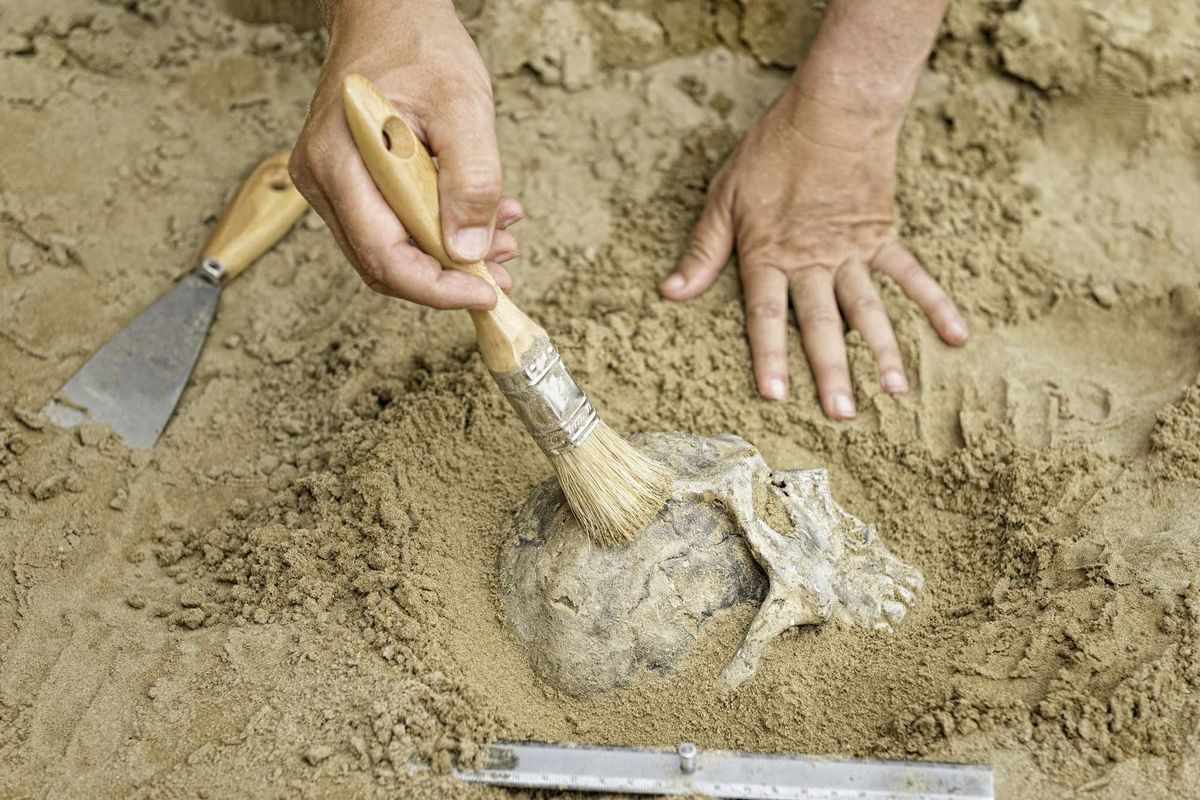A judge has ruled that referring to women as “birds” is “plainly sexist” in a landmark discrimination case heard at the East London Employment Tribunals Service.
Barclays investment banker Anna Anca Lacatus complained that her boss, James Kinghorn, continuously referred to her as “bird”, despite her telling him that it made her uncomfortable.
Although Kinghorn defended the term as “lighthearted”, Judge John Crosfill said it would be “foolish” to assume anyone would find this language amusing.
Lacatus worked as an analyst at the bank, which was her first job out of university.
She said that when Kinghorn first referred to her as a “bird” in February 2018, she immediately confronted him. However, she said he continued to refer to her as “bird” regardless.
At the tribunal, he accepted that his language was inappropriate.
Judge John Crosfill said: “The use of the phrase ‘bird’ was a misplaced use of irony which inadvertently caused offence.
“We accept that when this was pointed out to [Kinghorn], he ultimately got the message and stopped trying to be funny. We find that it is likely that it took some time before Ms Lacatus was sufficiently blunt that the message hit home.
“The language is plainly sexist (whether misplaced irony or not).”
The employment tribunal also ruled that Lacatus would have been reluctant to speak out about her boss’s language over fears it could damage her career.
Some weren’t sold on the judge’s decision, with former UKIP politician Henry Bolton highlighting that the context in which the term is used is important:
There’s something worryingly odd going on. Calling a woman ‘bird’, like any term can be done negatively. But it cle… https://t.co/T1S9qc16O3— Henry Bolton OBE 🇬🇧 (@Henry Bolton OBE 🇬🇧) 1632213418
@f_longfield @Saffiya_Khan1 @JessfromW @PoliticsForAlI Tell me an instance someone has used bird to be sexist. Not… https://t.co/Dll5wac6IU— Fletch_1985 (@Fletch_1985) 1632222752
This worlds getting daft now. I dont even call women birds but i dont get how its sexist?! Seriously. Id like someo… https://t.co/5v6GRRO39Y— aj (@aj) 1632212310
@PoliticsForAlI Ffs I call myself a bird 🤦🏼♀️. I apologise to myself for being sexist, I shall strive to be a better person.— Sav Mondo (@Sav Mondo) 1632212995
Some Twitter users agreed with the judge, with one person commenting that it seems like a “very pre-2000s phrase”:
@PoliticsForAlI Its a very pre 2000s phrase to be fair. Noone under the age of 50 uses the term birds.— Glostermeteor 🔶 (@Glostermeteor 🔶) 1632207823
@PoliticsForAlI ....and this is why the judge was probably right https://t.co/lLQk4ijou9— Alison Hayward (@Alison Hayward) 1632209209
It was repeat usage in a workplace context. The employee who took this to tribunal asked her boss to stop several t… https://t.co/IajhKiUyO9— Briee 🔆🧣 (@Briee 🔆🧣) 1632210214
Did we actually need a judge to decide this?…It’s a given! 🤦🏼♂️ https://t.co/00nt2mOHhC— Grant Rivers 🏳️🌈 (@Grant Rivers 🏳️🌈) 1632207919
Cant believe how many people under this tweet have never heard that referring to women as birds is sexist? Its not… https://t.co/JcjL2FsaaK— Brooke (she/her) (@Brooke (she/her)) 1632210919
Others poked fun at the ruling, saying the feathered variety of “birds” are the superior species:
Lacatus also won her claim that Barclays failed to accommodate her request for adjusted working hours to accommodate because of her endometriosis and anxiety. Averaging between 40 and 48 hours a week, the analyst was often expected to work past 7pm.
Judge Crosfill said being required to work long hours put her at a “substantial disadvantage” compared to those without a disability.
Failing to adjust her hours was a “serious act of discrimination”, Judge Crosfill said.
He said: “As her illness progressed, Ms Lacatus became progressively more exhausted.
“We accept that working as hard as the team did was tough on everybody but doing so whilst coping with endometriosis and stress and anxiety would make it much harder.”
Lacatus was signed off in January 2019 and was later made redundant.
A hearing to decide compensation will take place at a later date.














